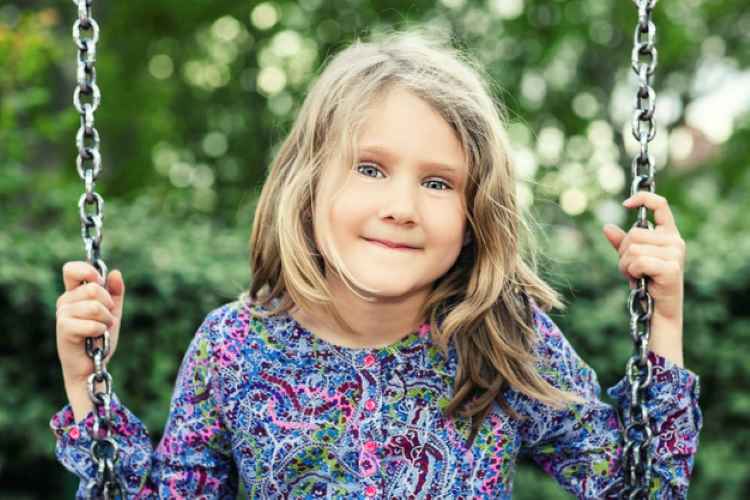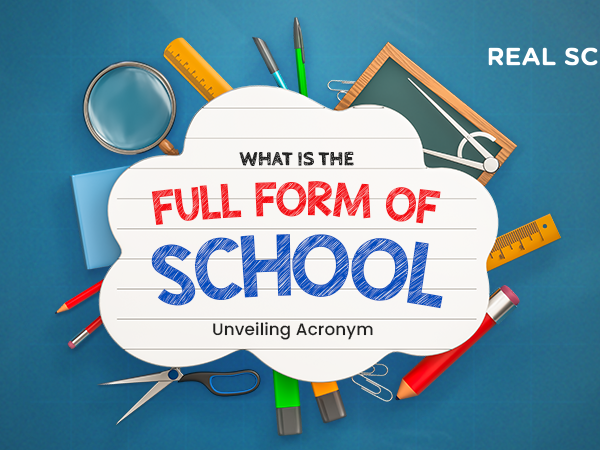In every relationship lying is considered an offensive behaviour. We all don’t appreciate being lied to, and we also know that we shouldn’t lie. But, whether we like to acknowledge it or not, we all tell lies in some form or another. Children are also included in this group. From 3 years onwards, children learn to lie. The majority of parents believe that children lie in order to conceal secrets or obtain something from their parents. There are a variety of different reasons why children lie to their parents.
Why do kids lie to their parents?
There are several reasons why children lie. It is important to know the reasons behind their lies. Below are some of the reasons why kids start lying.
1. Children Don’t Know What is Okay and What is Not Okay
The kid’s eyes and ears are always opened. They grasp everything happening around them, even the silly things that you say in front of them. There are different types of lies, among them, some lies are accepted and encouraged by the parents or caretakers. For example, sharing toys with an imaginative friend. While some lies have serious consequences.
They just started learning social norms. Sometimes parents model a little bit of bending of the truth in front of them. Also, kids are scolded for telling some truths in front of others (for example, “My dad said he hates your car”). As a result, they get mixed messages, and children don’t know which lie is okay and which lie is not okay.
2. Escape the Consequences
This is one of the most common reasons why kids lie to their parents, especially children who fear punishment. These types of lies are very common in the case of adults also. For example, when you are late for a meeting and the boss asks the reason, automatically that person will come up with some lies. Children might fear that parents won’t allow them to do their favourite activities.
3. Reality and Fantasy
To a certain age, children live in the world of cartoons and their favourite shows. They don’t have any serious responsibilities or duties to cover. They don’t understand that reality is fixed. Kids grow up seeing Ben 10 turning into a giant monster in two seconds or other superheroes and fairies, and believe in their ability to change the facts.
Children get a feeling that they could change something by just wishing for it. If imagination needs to work out, truth has to be suspended. So they will come up with some lies.
4. To Gain Approval
Children often want to present themselves as cool in front of others. This is another reason why kids start lying. At this age, most of the kids are attention seekers. They not only want to be good in front of friends and teachers but also in front of parents.
Children who lack self-confidence tend to lie to make themselves seem more special, talented, and impressive in front of others. They may think that if he/she is a child who succeeds in everything, parents will love them more.
5. Experimentation
Another common reason why kids lie to their parents is that they want to experiment with new behaviour. They might have got the idea of lying from their friends, siblings, or even from their parents. They just want to see what happens if they lie. So by chance, if they get any positive results, they will have more tendencies to lie.
6. To Not Let You Down
Many parents have high expectations of their children. From a very young age itself, parents will start planning the career of their child. So children will have to go through unwanted pressure and tensions. Each child’s calibre is different and in some situations children cannot meet up with the expectations of their parents.
In such cases, children will find some lies to not let their parents down. They might think that if they do not get good marks, they will hurt the feelings of mom and dad or will not have a good image in front of others. They want to divert attention away from themselves. So they don’t want people to be concerned about them.
Also read: Personality Development Activities for Children: Let your kid take over the stage
How can You Help Your Child Not to Lie?
If you do not handle the situations correctly, lying, on the other hand, can become a serious problem and gradually it becomes a habit. So when your child tells a lie, straightforwardly approach them and discourage them not to do it again. Here are some methods for preventing a child from lying.
1. Explain the Difference Between Fantasy and Reality
It does not mean that you should teach them logic and belittle fantasy. Help them to figure out the basic difference between fantasy and reality. They may not agree with your opinion, but slowly learn to accept the fact.
If you teach them to accept only logical things, they will lose interest in creativity and aesthetic beauty which will affect their image. For example, when you see your kid pretending to be a superhero, you can use the opportunity to teach them what is real and what is not real.
2. Find Out Why Kids Lie
Any way of hurting their feelings without knowing the actual reason is not a good idea to correct your child. To find out why kids lie, parents or caretakers should be approachable people to your kid. Talk to them freely. Give them some time to tell the truth.
Remind them that it’s the truth and they won’t get into any trouble. For example, you can go for a walk and come, tell them that by the time you come back, tell the truth, in case they change their mind. This way, kids start thinking about whether they should tell the truth or mess up everything.
3. Teach them What Honesty Is
Spend time discussing honesty and how it can be used to influence children’s behaviours. Model honesty in your child’s presence. Never lie to them, if you want your kid not to lie to you.
Teach them honesty through stories, cartoons, real life, and in their behaviour. If they tell the truth, parents should appreciate their honesty. Also make them understand that sometimes, it’s okay to not be perfect.
5. Explain Lies in Necessary Situations
In certain situations, telling a lie is not a bad thing. For example, if your child disliked a Christmas present from a friend, teach them not to hurt the other child’s feelings by speaking the truth. Explain the difference between which lie is okay and which is not okay. So in case, if you have to tell a lie in front of your kids, give rational reasons to them.
6. Let Them Know that There will be Consequences for Their Actions
Kids should be clear that there will be a consequence if they lie. Depending on the age, parents can think of having a consequence. But it should be short-lived and also give a chance for the kid to practice better behaviour. Give them some healthy punishments, instead of verbally and physically hurting the child.
Also read: How to Develop Social Skills in Early Childhood? Pros and Ways to Inculcate Them
Conclusion
At some point in their lives, all children will bend the truth and tell false tales. While hearing your child tell a blatant lie can be aggravating, it’s critical to consider why your child is being dishonest before taking action. Never corner and label your child as a liar which will have negative impacts on them. It makes him/her feel awful about him/her and may encourage them to lie in the future. Therefore wisely handle such situations.







